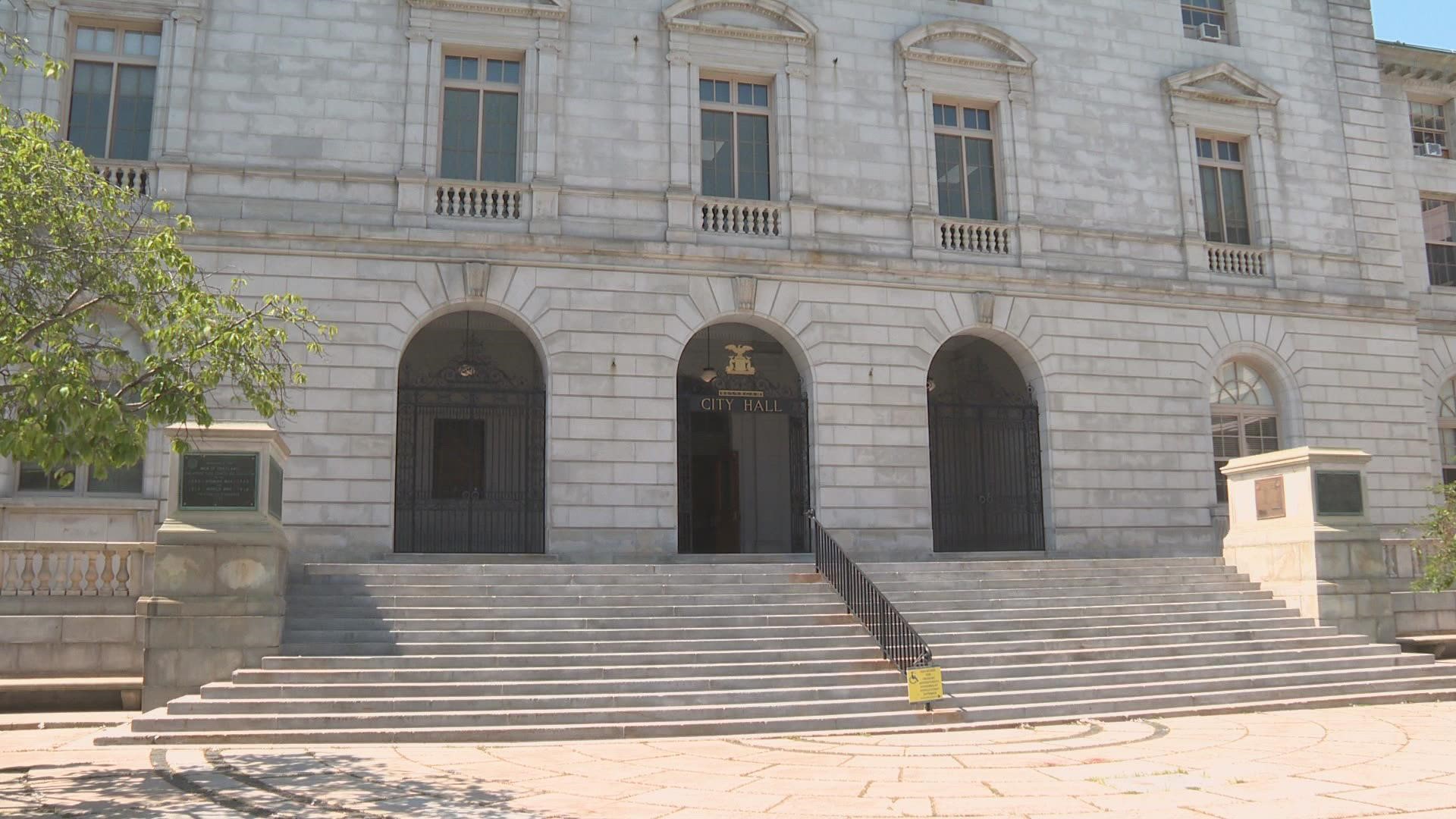PORTLAND, Maine — The City of Portland has updated two policies that impact how the city and the Portland Police Department respond to people experiencing homelessness.
On Monday, Portland Interim City Manager Danielle West presented the city's updated tent policy to the Portland City Council. According to the new policy, camp sites are not required to be removed if area emergency shelters are at capacity.
"I think we'll continue to see hopefully good outcomes from this as we continue to focus on providing the best service to the public and the homeless individuals," West said.
According to the policy, campsites can be taken down if they're determined to be an obstruction or hazard. Campsites will be notified 24 hours in advance if they will be removed, and personal belongings removed from campsites will be inventoried and securely stored for their owners to collect.
According to West, the city staff had already been following this policy, however, it has now been formally communicated and presented at Monday's council meeting.
"Obviously we want to make sure that we can help as many people as we can. And so this just makes it very clear what these policies and protocols are, and that staff are making sure that we implement them consistently across the board," West said.
In addition to the revised tent policy, the city has also adopted the Portland Police Department's Homelessness Crisis Protocol. As part of the policy, officers will utilize social services and medical facilities as opposed to traditional law enforcement action when appropriate and practicable.
According to the Homelessness Crisis Protocol, when officers are called to an incident involving a person experiencing homelessness committing a low-level infraction, police will direct them towards resources.
"The big additions are the resource cards that we created. And so that card just contains housing, food, medical, and addiction services that we can hand somebody who is experiencing homelessness," Portland Police Chief Heath Gorham told the city council on Monday.
Police will use diversion methods only for lesser crimes, such as public drinking, trespassing, and disorderly conduct, among others.
"Bringing the resources to people out here is a really good thing because a lot of people are lacking in their social toolkits to actually bring themselves to places and talk to people and get the resources that they need," William Fernald said. Fernald currently experiencing homeless. He says these policy changes are a step in the right direction.
"It's a fantastic idea. It gives people a chance," Fernald said.

